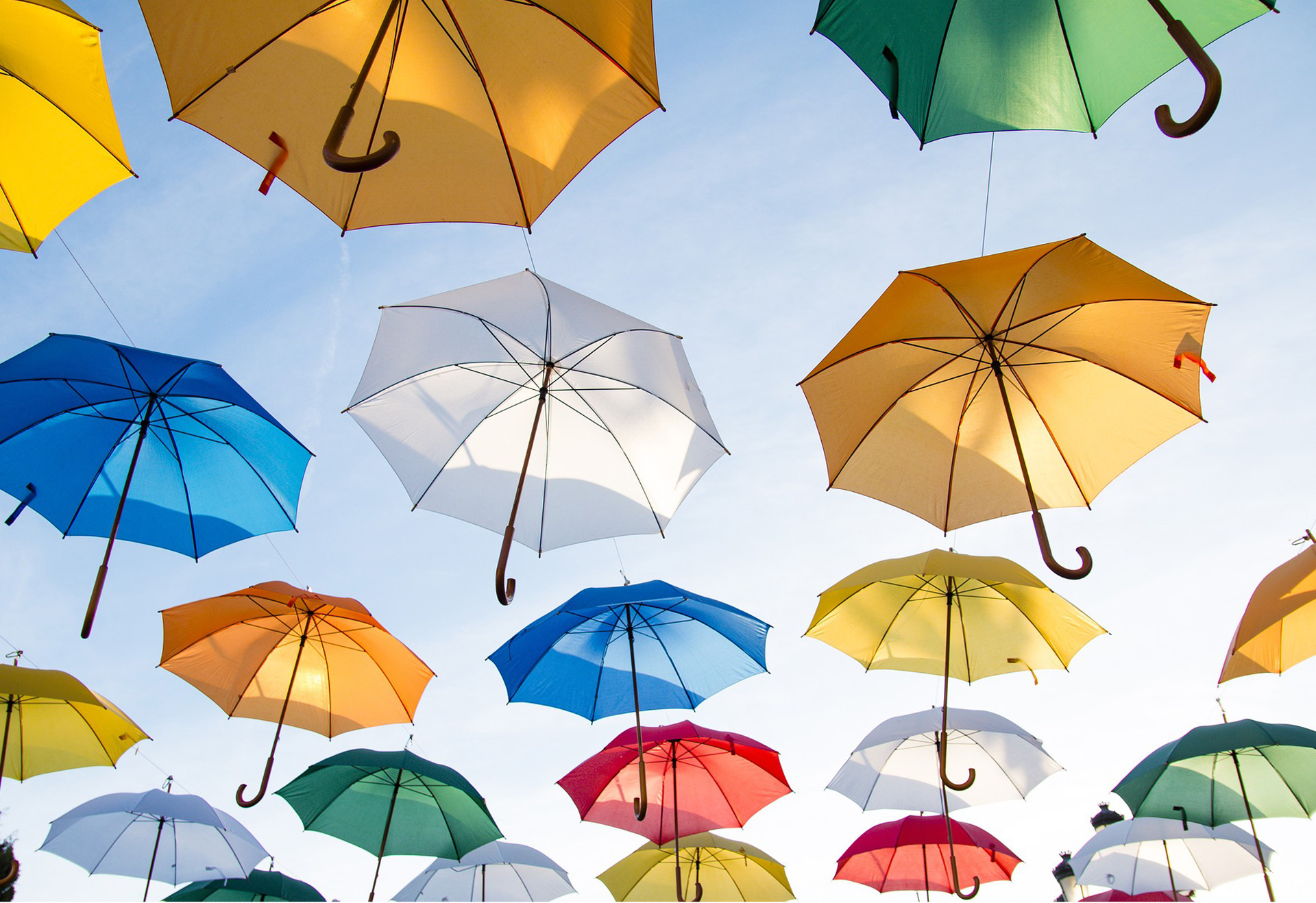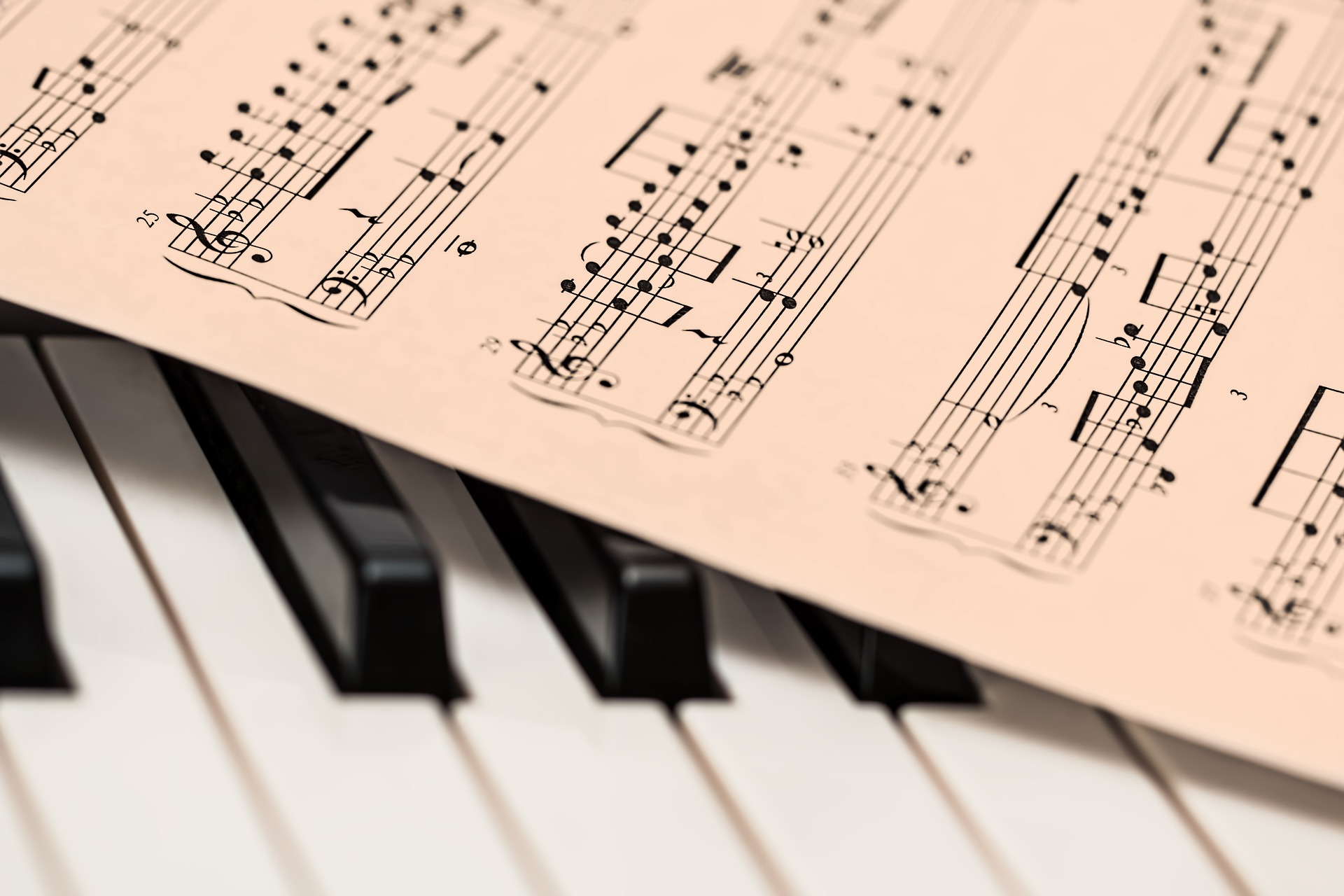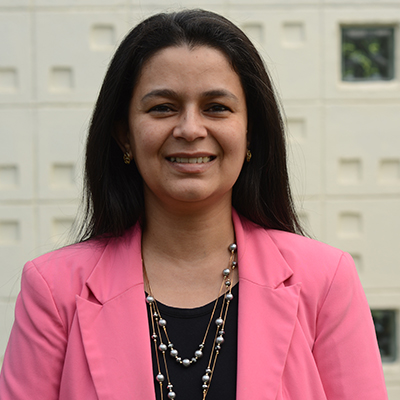It would be accurate to say the year gone by has been like no other. The onset and continuance of the pandemic has tested the human spirit and demanded every ounce of resilience, bravery, and fortitude that we possess. During this time, artists across the globe have been at work, creating and uplifting humanity by bringing joy into homes through online platforms. And it is not just artists in the conventional sense, we have witnessed people singing to one another in their balconies, mothers soothing their young with lullabies and farmers humming their traditional folk songs while ploughing the fields. It is not surprising then, that careers in the creative and performing arts are now in the limelight more than ever. They are being viewed not just as a pathway to change but as a pathway that transcends change, enabling one to learn, unlearn and relearn in an evolving and changing world.
Increasingly students are looking to pursue undergraduate degrees in the realm of graphic design, fine art, film, animation, drama, dance, and careers related to music. They believe this is not just the way ahead, but one that will define their creative voice.

While it may not have been the case previously, arts graduates today are highly employable and, in fact, sought after in industries related to emotional intelligence, independent learning, problem solving and entrepreneurship. This is because they are deemed to have a keen understanding of the world around them as well as interdisciplinary skills that enable them to innovate. Careers in the field include, but are not limited to, the film and television industry,
policymaking, the social sector, the technical arena, robotics, programming, leisure, and tourism. Studio Thinking: The Real Benefits of a Visual Arts Education by Hetland et al. (2013) identify habits of mind’ that students of the creative arts inculcate.
These are:
- Develop Craft: Learning tools, materials, and artist’s practices.
- Engage and Persist: Learning to pursue topics of personal interest; develop focus, ways of
- thinking to persevere.
- Envision: Picturing, imagining what cannot be observed.
- Express: Creating works that convey ideas, meaning, or emotions.
- Observe: Learning to view visual, audio, and written resources more critically.
- Reflect: Learning to think and converse about one’s work and processes of making.
- Stretch and Explore: Learning to stretch beyond perceived limitations, explore, and learning from errors or accidents.
- Understand the Art World: Learning about art history and artistic practices and engaging the arts community.
Now, more than ever before, hiring candidates who possess skills that make them ‘work ready’ are at the top of the list for all employers and successful recruiters. An abundance of soft skills such as good communication, confidence and adaptability that underpin academic or vocational qualifications often stem from arts disciplines. Students from this area possess such skills in abundance as the nature of their degree balances their studies with extra-curricular activities that shape these all-important attributes. Arts degrees themselves imbibe a large dose of flexibility. For example, a student who had studied film or theatre during their undergraduate degree may decide that they wish to work towards a postgraduate qualification related to editing or post-production, thereby helping to set them apart in the film and television industry. The onus now is not just on academic achievement, but instead on becoming and showing how well-rounded an individual is and how they will integrate with the company culture.

21st century skills will emphasise Communication, Collaboration, Critical Thinking, and Creativity as central to success in an increasingly complex world – all of which are integral aspects of a creative approach to learning; one that will indeed hold steady in a sea of change that is now upon us. What was until a decade ago perceived as an ‘alternate’ career; less lucrative and more hobby-oriented is now taking the spotlight as more students looks at this as a mainstream
occupation which allows them to express themselves and generate a feeling of wellbeing, that brings with it balance – so important in today’s world.

